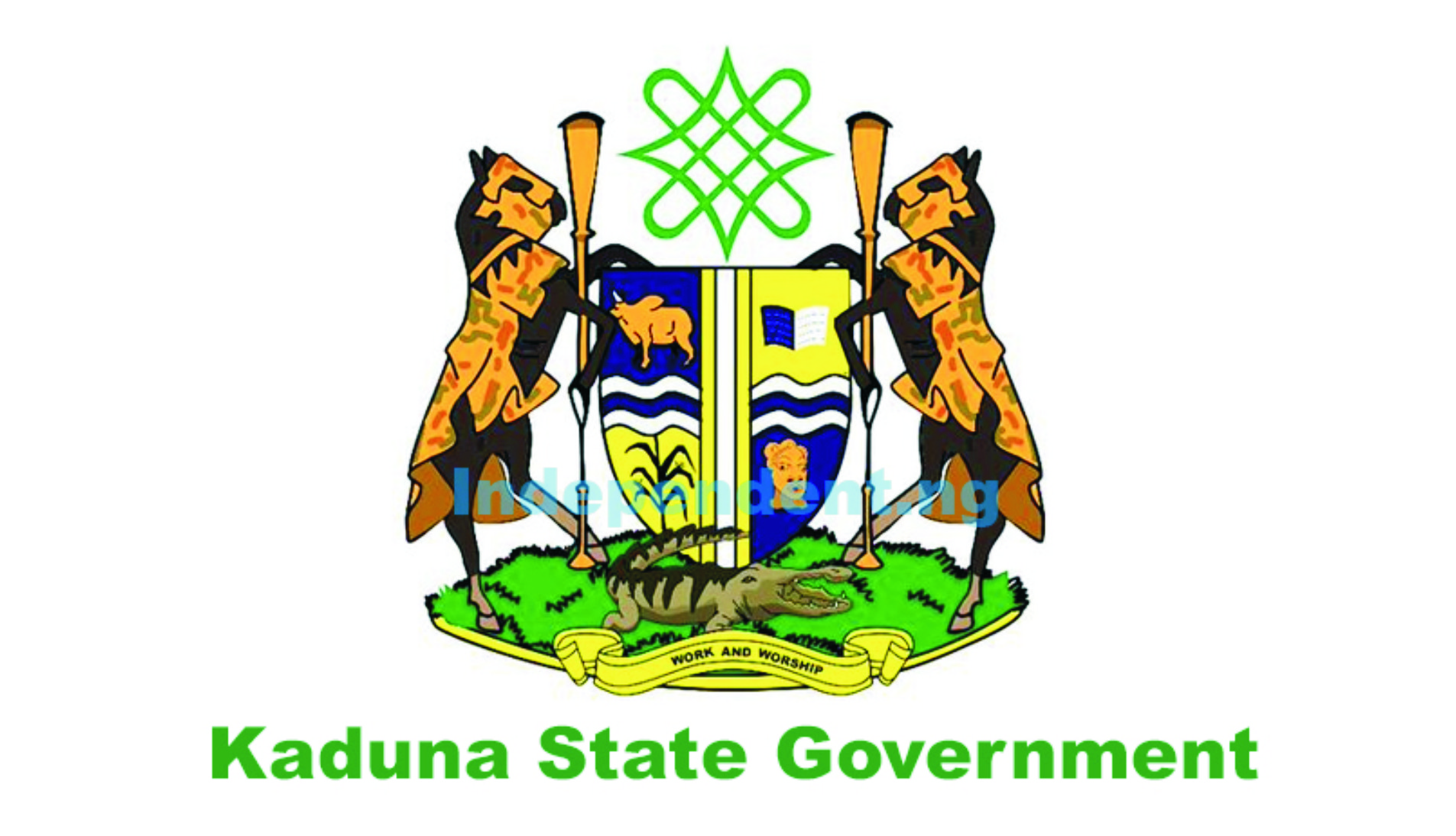Business
Kaduna Announces New Austerity Measures

The Kaduna State Government has adopted stringent measures to enable it manage the unexpected economic consequences unleashed by the coronavirus pandemic.
This was contained in a statement issued by the Special Adviser on Media and Communication to the state governor, Mr Muyiwa Adekeye in Kaduna, recently.
Adekeye said that the measures were adopted in anticipation of the steep decline in revenues.
He said that the belt-tightening measures were adopted following a robust debate on the interim report of the Economic Crisis Committee at a meeting chaired by the state Governor, Nasir El-Rufai.
According to the statement, the Governor had received an interim report from the economic crisis response committee established on March 9, 2020 by the Kaduna State Executive Council.
The Committee consisted of selected members of the Executive Council, with Economic Development Council chairman Jimi Lawal, assisted by Infrastructure Development Council chair Muhammad Sani Abdullahi.
“The interim report was discussed at a meeting chaired by the Governor and attended by the Deputy Governor Dr Hadiza Balarabe, and senior appointees of the state government.
“The scenarios reviewed indicated that Kaduna State’s gross annual revenues could fall by as much as N17bn if crude oil prices remain around $30 per barrel.
“The state’s annual revenues could fall by as much as N24bn in 2020 if crude prices fall to $20 per barrel.”
Business
Two Federal Agencies Enter Pack On Expansion, Sustainable Electricity In Niger Delta

Business
Why The AI Boom May Extend The Reign Of Natural Gas

Business
Ogun To Join Oil-Producing States ……..As NNPCL Kicks Off Commercial Oil Production At Eba

-

 Politics4 days ago
Politics4 days agoAPC Releases Adjusted Timetable For Nationwide Congresses, Convention
-
Sports4 days ago
DG NIS Wants NSC Board Constituted, Seeks Increased In Funding
-

 Business4 days ago
Business4 days agoCustoms Seek Support To Curb Smuggling In Ogun
-

 Featured3 days ago
Featured3 days agoINEC Proposes N873.78bn For 2027 Elections, N171bn For 2026 Operations
-

 Sports4 days ago
Sports4 days agoSWAN Rivers Set-up Five Functional Committees
-
News3 days ago
Police Bust Kidnapping Syndicate In PH
-
Sports4 days ago
NSC Disburses N200m Training Grants To 26 Athletes
-
Sports4 days ago
‘NTF Will Build On Davis Cup Success For Brighter Future’

